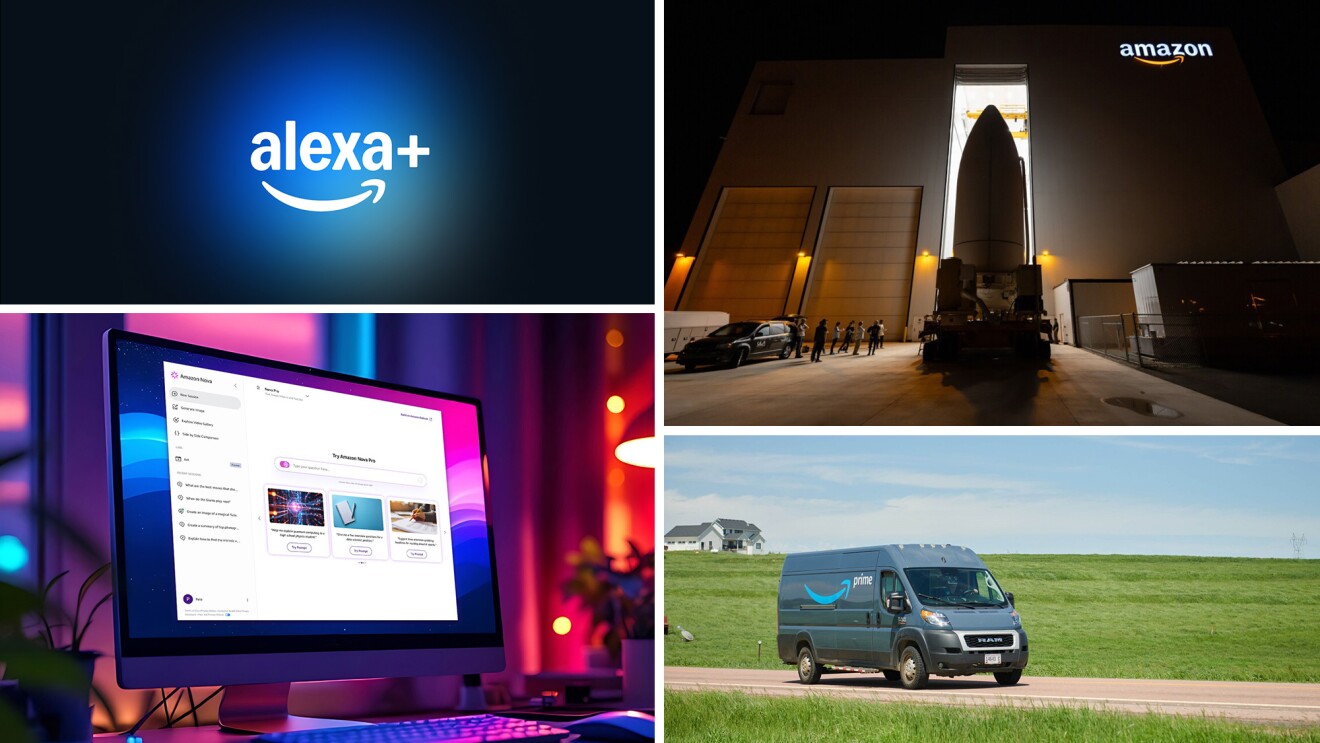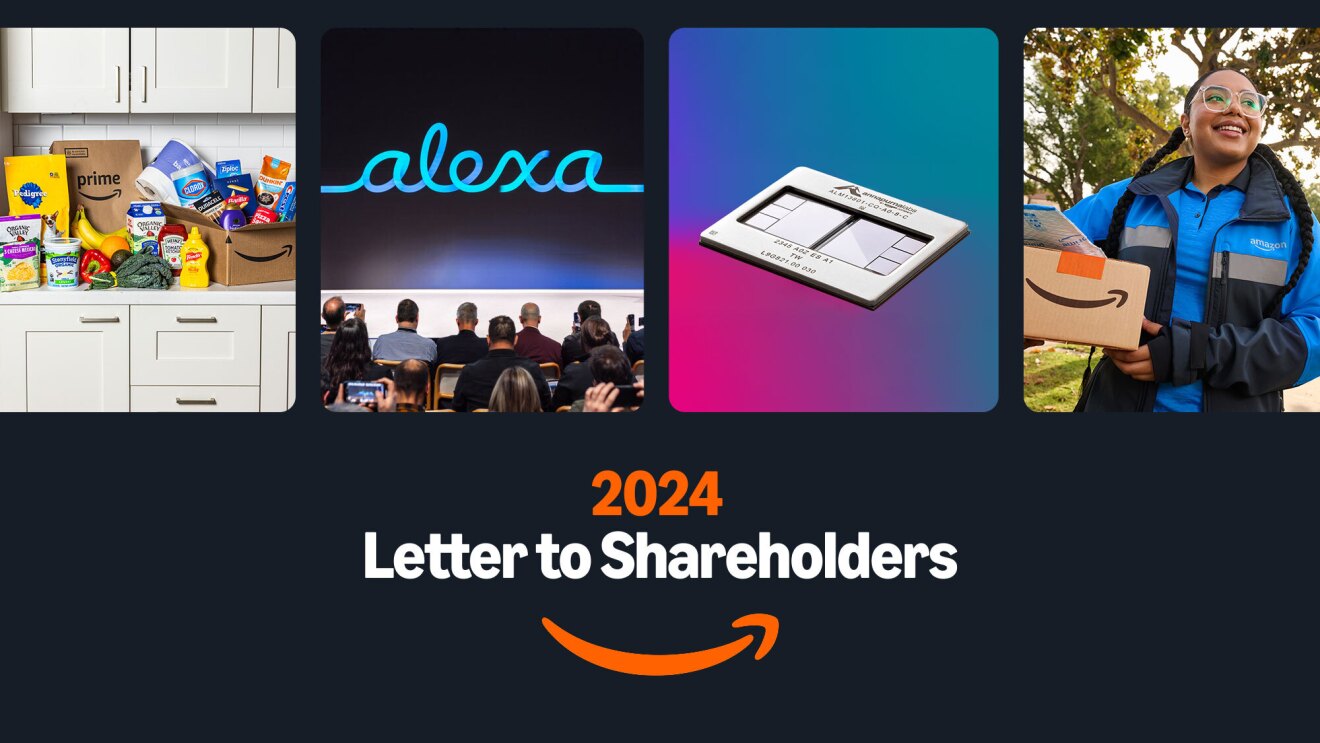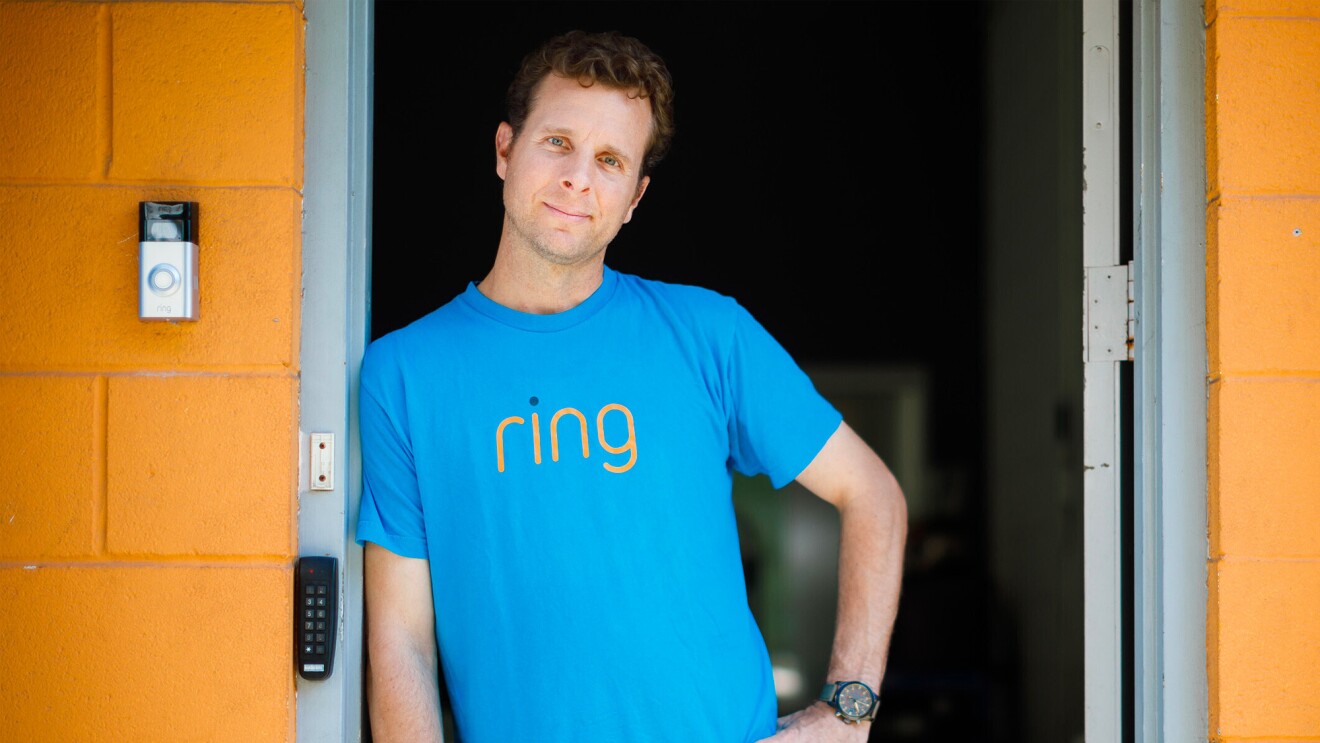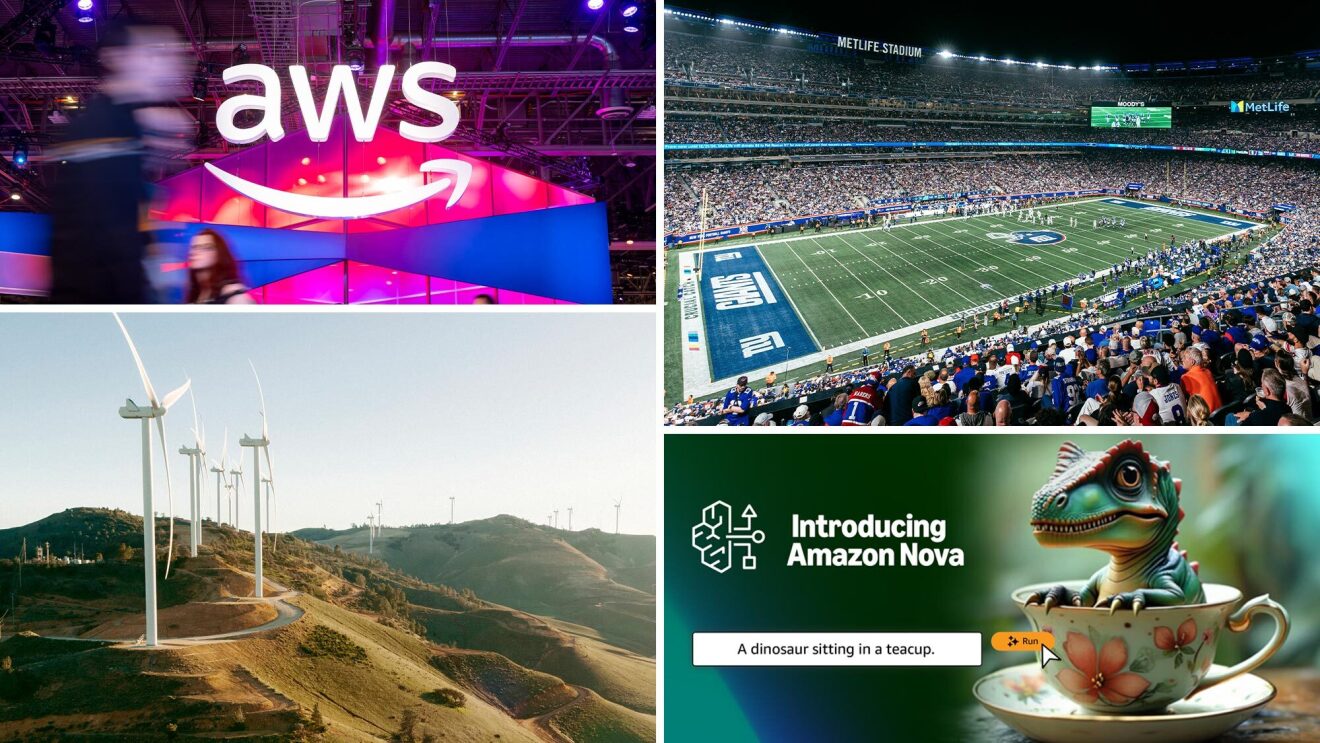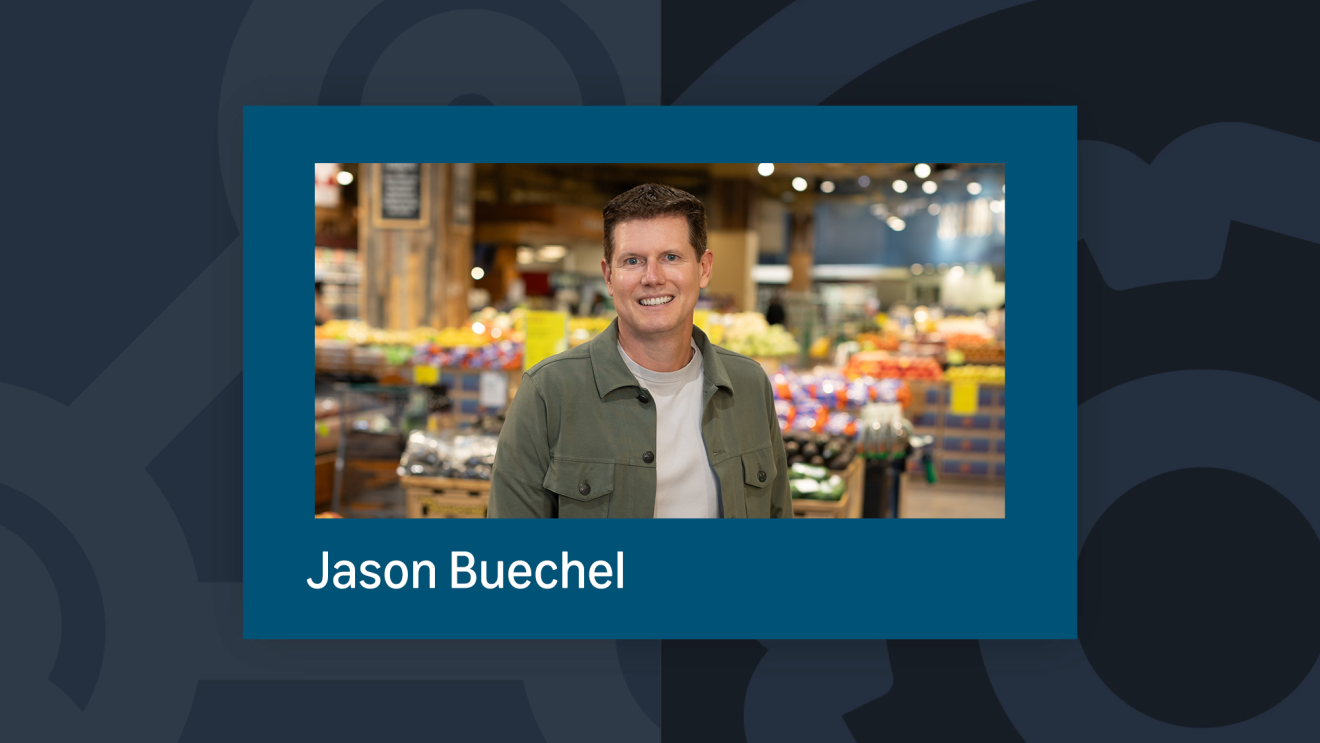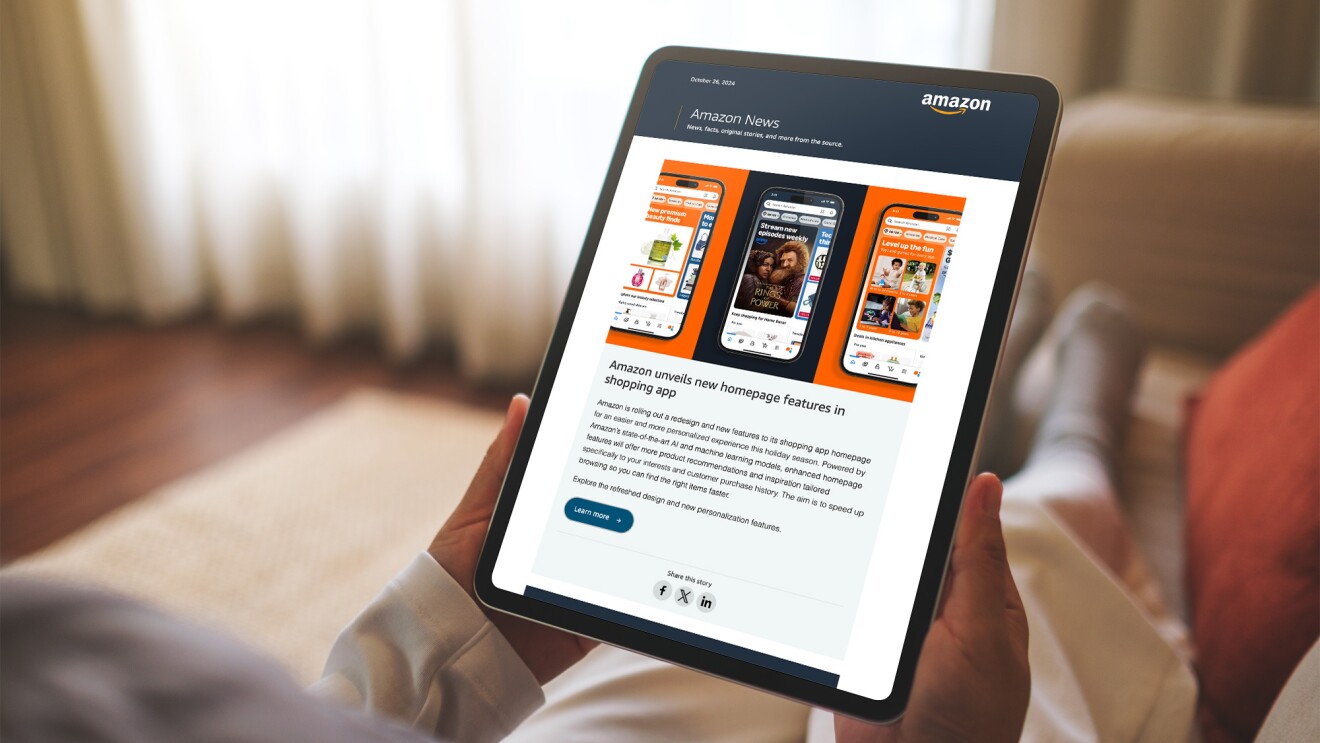Education looks different in the era of COVID-19. With schools closed, kitchens and living rooms are now classrooms in homes across the U.S.
Wyman Khuu is one of thousands of teachers determined to make it work for his students. "I don't want the coronavirus gap to exist," said Khuu. "My priority is to make remote learning feel like school so they can learn the things they need to learn and continue getting the education they deserve."
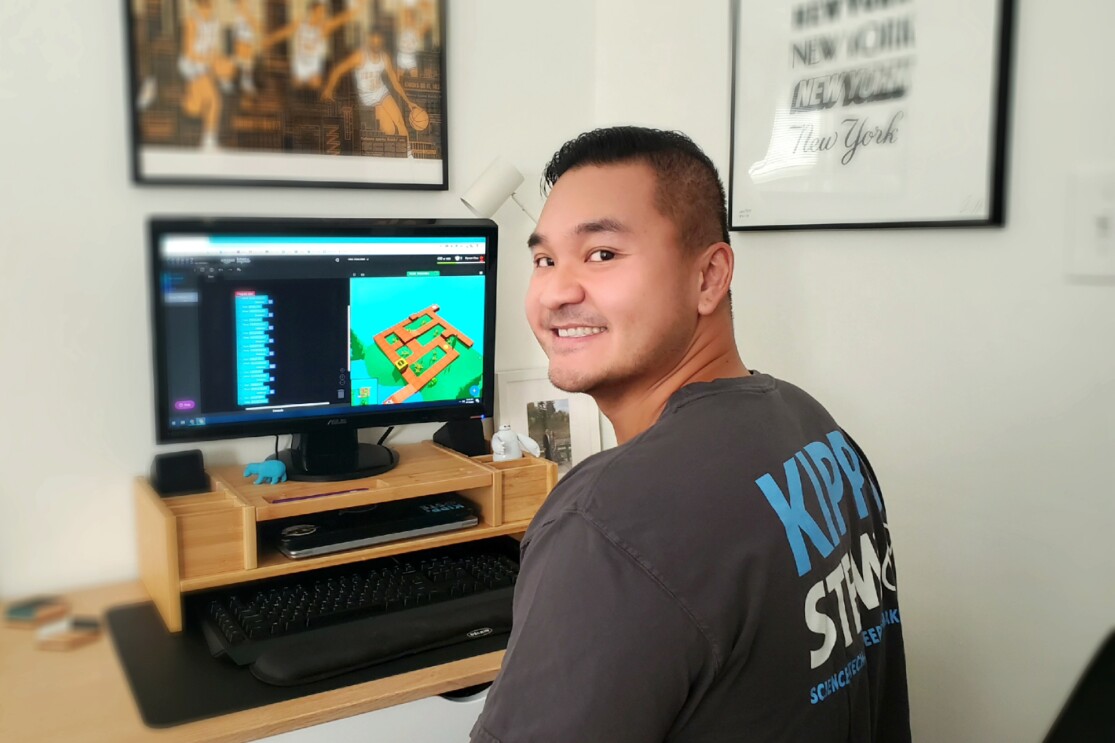 Wyman Khuu, a teacher at New York City's KIPP Infinity Elementary, at home during the COVID-19 pandemic.
Wyman Khuu, a teacher at New York City's KIPP Infinity Elementary, at home during the COVID-19 pandemic.Khuu teaches third and fourth grade at KIPP Infinity Elementary, a Title I charter school in New York City's West Harlem neighborhood. For him, his students' success is personal. Growing up, Khuu's family struggled to make ends meet. New York public schools provided the education and supportive teachers he needed, and he was the first in his family to graduate college.
Paying it forward was always part of his plan. "I always knew I would want to be a teacher someday," he said. It's also what motivates him to ensure his students continue receiving the best possible education while schools are closed, even through a computer screen. "I don't want them to fall behind because they didn't have access to remote learning the way others had."
Infinity Elementary loaned laptops to any student who needed one, and Khuu is taking advantage of free robotics coursework available through Amazon Future Engineer to keep his students engaged. His students are learning robotics and computer science by coding virtual 3D robots through CoderZ, one of Amazon Future Engineer's curriculum providers. Once they familiarize themselves with the platform, Khuu will challenge his students to coding missions, which will take their skills to the next level. "As the coding and concepts become more challenging, we'll use the online sessions to problem solve together and allow for collaboration in the debugging of their code," said Khuu.
While all of Khuu's students have prior experience in computational thinking, CoderZ presented their first opportunity to code something in 3D. Third-grader Audrea Torres misses being at school, but she relishes the ability to collaborate virtually with her classmates through CoderZ, "to lead to my dream of becoming a doctor or scientist."
The coding skills students are learning are only part of the equation. "I really like being able to see my friends and do coding and work with robots," said third-grader Aaron Sanchez. "It's super cool and gives me something to do with other people, and it's also super challenging and fun." Sanchez's mom enjoys seeing her son light up when he gets to problem solve with his classmates. "I love that he has robotics as an opportunity to distract from the current situation that we're going through," said Marlena Perez, Aaron's mom. "I always urge him to learn new things and this is going to be challenging, but I know that he will enjoy the process."
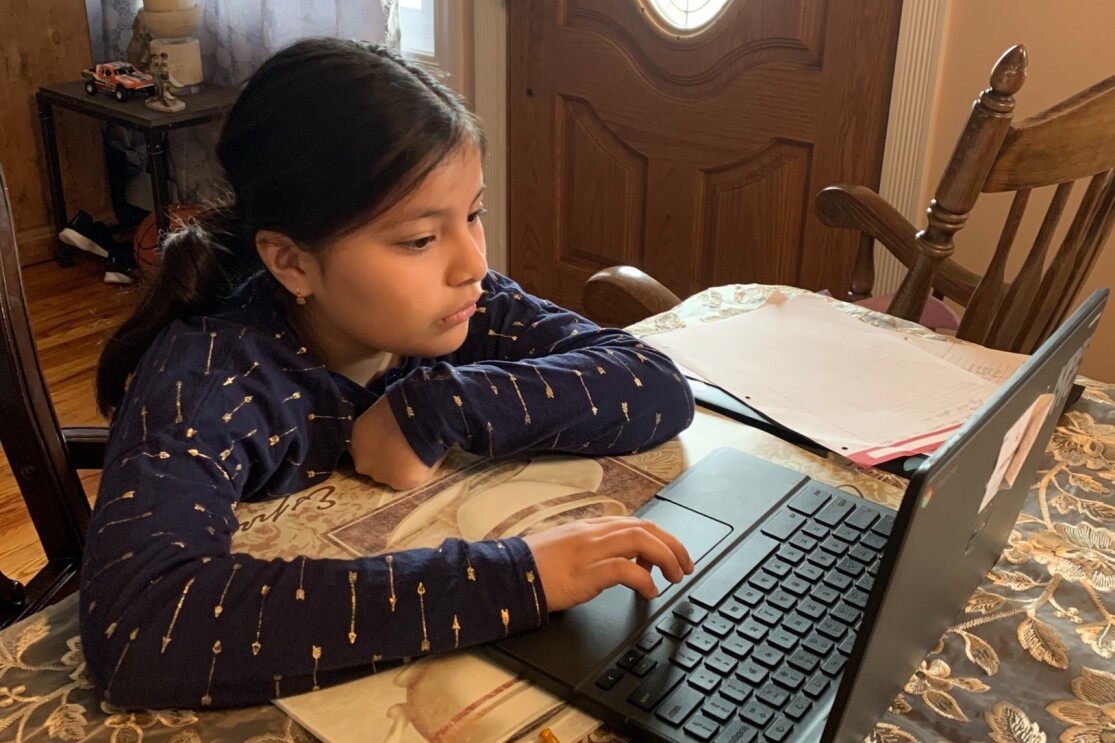 Brianna, one of Wyman Khuu’s students, using the CoderZ curriculum at home to learn about robotics while her school is closed.
Brianna, one of Wyman Khuu’s students, using the CoderZ curriculum at home to learn about robotics while her school is closed.Amazon is supporting Khuu's creative coursework by making Amazon Future Engineer programming free through the fall, and will gather feedback from students and teachers about what they want to see in virtual robotics curriculums for the long term.
Khuu acknowledges nothing beats in-person learning, and he does worry about kids who might feel isolated with the ongoing order to shelter in place. But programs like CoderZ allow students to tackle challenges together, albeit from afar. And Khuu says that fosters a connection that's needed now more than ever. "These kids normally spend half their day in school, and they're no longer there alongside their teachers, peers, and friends. So to be part of a program through Amazon Future Engineer, and have a collective experience and shared language of experience is awesome. It allows them to feel a connection during this unstable time. It creates genuine, natural excitement. They've opted in to this together, and they're hopefully going to run with it."
Teachers, parents, and students can visit the Amazon Future Engineer website to get free course materials.
Trending news and stories


